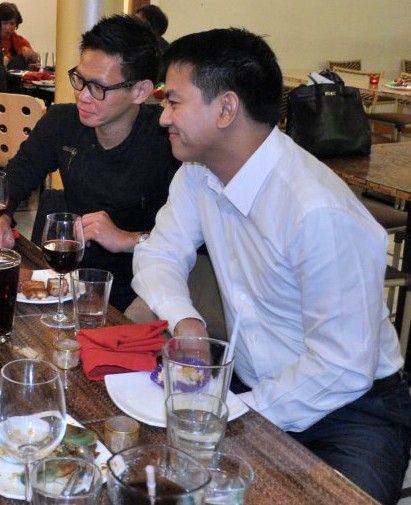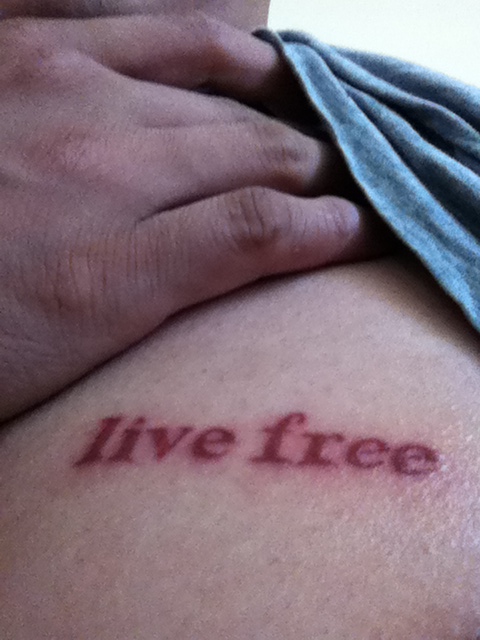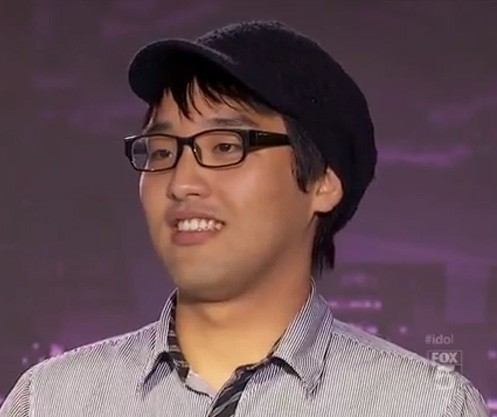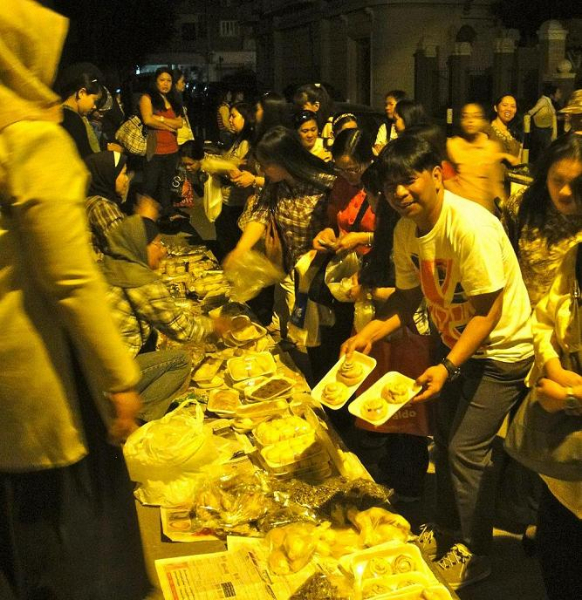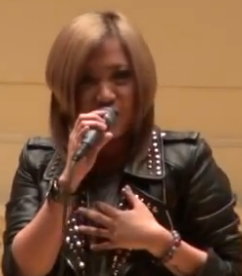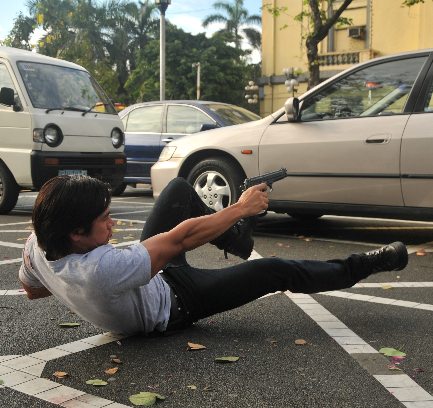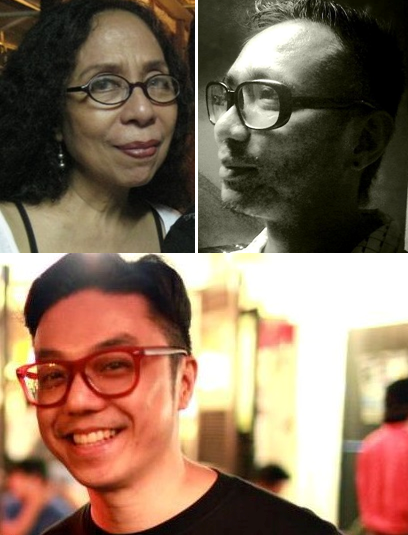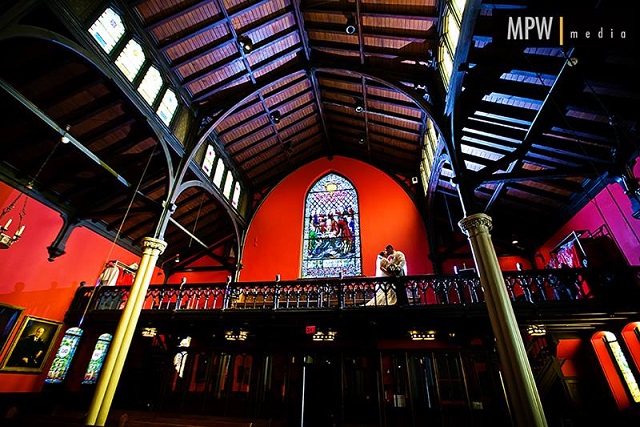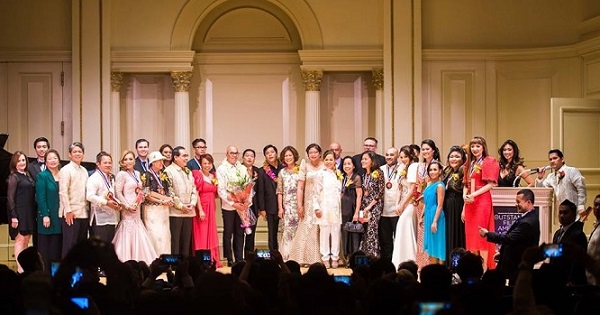‘Not just their story, it is mine too:’ A personal reflection on ‘Nurse Unseen’
By Agustin T. Guido III, RN
“Nurse Unseen,” directed with aching tenderness by Michele Josue, is not just a documentary. It is a mirror – one that catches the invisible light and shadow cast by the Filipino nursing diaspora in the United States.
Josue wields her camera like a compassionate witness. She does not shout; she listens. She does not sensationalize; she humanizes. Through carefully stitched stories, she reveals how Filipino nurses — my people — have quietly shouldered the frontlines of the COVID-19 pandemic, only to find themselves disproportionately falling to it.
The film gently unwraps a painful truth: that our presence in American hospitals is not accidental, but rooted in a colonial history that sent thousands of Filipino nurses overseas, threading their dreams through the fabric of a system that has often given them too little in return.
Grace under an invisible weight
“Josue lets their humanity fill the frame – unvarnished, trembling, radiant.”
What struck me most in the film’s storytelling is how grace and grief co-exist. These nurses carried entire wards on their backs, while silently mourning their own. They held the hands of dying strangers because their patients’ families could not. They went home and cried in bathrooms so their children would not see.
Josue honors their dignity without glossing over their despair. It is here that “Nurse Unseen” transcends documentary and becomes testimony. For nurses, this film is a long-overdue acknowledgment. It gives voice to the quiet heroism we’ve seen in our break rooms and emergency rooms, in our colleagues who showed up despite empty eyes and exhausted hearts.
For non-nurses, it is a wake-up call. It asks the public not just to applaud us, but to see us – whole humans behind the masks, with histories, families, and souls that bruise.
It is not merely about Filipino nurses; it is about the unseen humanity in every caregiver. It whispers what many of us have long wanted to scream: “We are not indestructible. We are not infinite. We are not invisible.”
Why it matters to me
As a nurse leader who has spent decades at the bedside, I saw fragments of my own soul flicker in their stories. I remembered the countless nights I stayed past my shift, the moments I sat in my car trembling before walking into work, the smiles I forced so my team would not see the cracks forming underneath.
I thought of my mother, who once lay fragile in a hospital bed and inspired me to choose this path, and of all the nurses who stood by her then, not knowing that they were quietly planting the seed of my life’s purpose. “Nurse Unseen” reminded me why I stay. Not because this work is easy, but because it matters.
The film brushes against this truth, showing how grief lingers in breakrooms, how trauma lodges quietly in the soft tissue of nurses’ minds. Mental health is not a footnote to our profession – it is the foundation.
Too often, we are praised for our resilience while being denied the space to rest, to fall apart, to be human. Resilience without support becomes erasure. And silence, when carried too long, becomes suffering.
We need systems that care for the caregivers. We need safe spaces to speak, to cry, to heal. We need to remind one another that seeking help is not weakness – it is survival.
The tears that fall unseen
As the credits rolled in my mind, I imagined the nurses who left their homelands chasing hope, only to die alone in cold hospital rooms far from home. I imagined the children who never got to say goodbye, the parents who still wait for phone calls that will never come. And I wept – not just for them, but for all of us who keep going while quietly breaking.
Because behind every nurse’s smile, there is a ledger of unseen losses. Because our compassion comes at a cost – and too often, that cost is ourselves.
“Nurse Unseen” is not just their story. It is ours. It is mine. And it must move us to protect the hearts that have protected the world.
So if you see a nurse today, do not simply thank them. Ask them how they are. Then stay long enough to hear the real answer.
And if you are a nurse reading this: You are allowed to rest. You are allowed to be held. You are allowed to be human. Because even the strongest hearts need someone to notice when they are quietly breaking. Because even heroes need to be saved.
Agustin T. Guido III is the Director of Nursing at New Jersey Eastern Star Home, a multi-awarded nurse leader, published author, and advocate for mental health awareness and the power of heart and humor in leadership.

